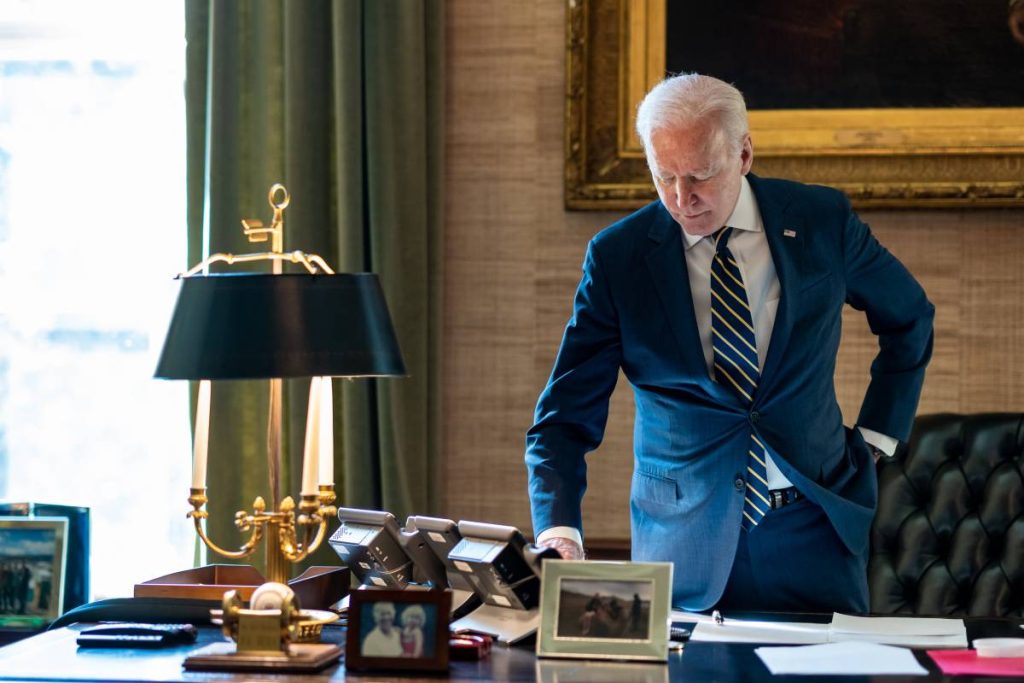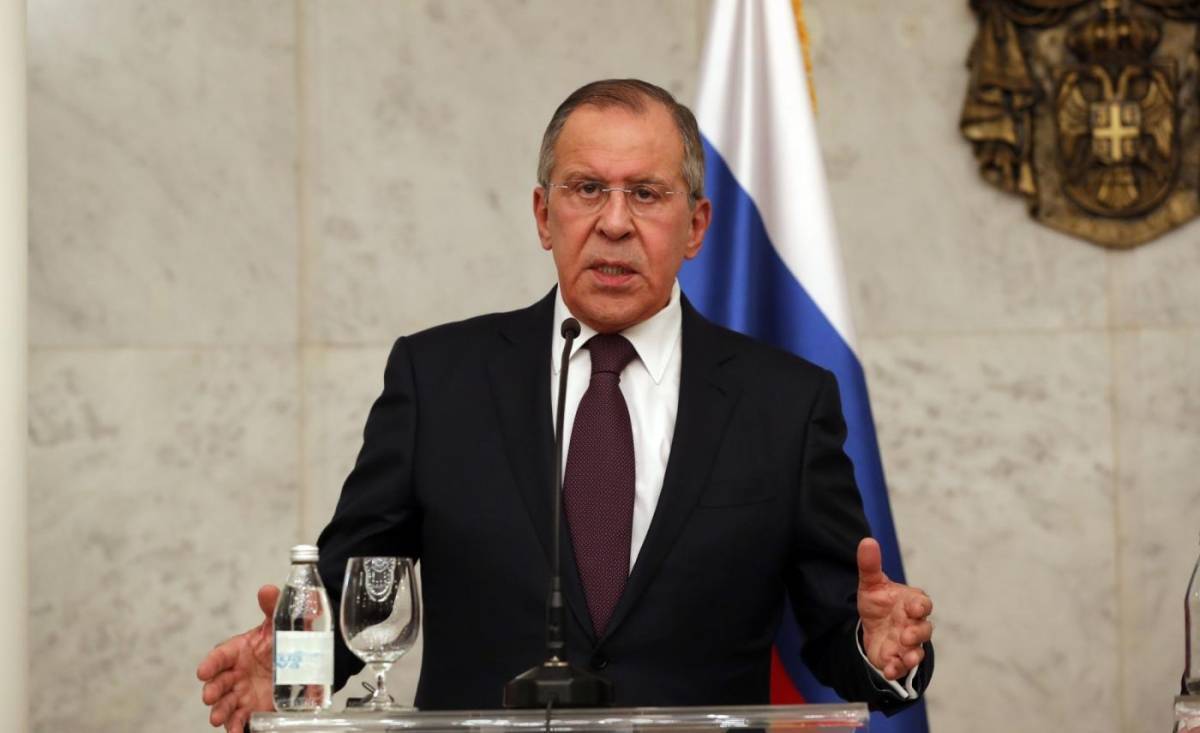With the war having completed a month, India on Thursday abstained on a resolution pushed by Russia in the United Nations Security Council (UNSC) on the humanitarian crisis in Ukraine, reports Asian Lite News
Russia’s Foreign Minister Sergey Lavrov is expected to come to India this week, days after the visit by Chinese Foreign Minister Wang Yi.
With the war having completed a month, India on Thursday abstained on a resolution pushed by Russia in the United Nations Security Council (UNSC) on the humanitarian crisis in Ukraine.
The resolution, which was perceived to be critical of Ukraine, did not get the required nine votes and failed to pass.
By its abstention, New Delhi signalled that it was not aligned with Moscow’s position.
India had earlier abstained on Western-led resolutions that criticised the Russian military action in Ukraine. Thursday’s abstention reflected an attempt by New Delhi to seek a neutral position as it continues to engage and walk a diplomatic tightrope on the issue.
Hours later, India abstained again on a United Nations General Assembly (UNGA) resolution moved by the French and the Mexicans, which got 140 votes in favour, five against, and 38 abstentions. This resolution was “strong” in its condemnation of Russia.
US President Joe Biden had said last week that among the Quad countries, India was “somewhat shaky” in showing its opposition to the Russian invasion of Ukraine. Australia and Japan, who make up the Quad along with India and the US, have criticised Russia’s aggression.
Lavrov’s visit is expected to focus on strategic issues resulting from the war, as well as specific discussions on purchasing Russian oil, payment mechanisms, given sanctions against Russian banks and exclusion from the SWIFT, and possible disruptions in the supply of military hardware.
The Modi government indicated in Parliament last week that it is considering offers of discounted Russian oil and a special inter-ministerial group headed by the Finance Ministry is looking into the payments issues for Indian importers and exporters that arise from the war and Western sanctions.
India would also be looking for clarity and assurances from Russia on timely delivery of spares and components for systems in use and of the deals underway including S-400 and Ak-203 assault rifles among others, as well as streamlining the rupee-rouble payment system for any future purchases.
Ahead of Lavrov’s visit, newly appointed Russian Ambassador Denis Alipov called on three of the senior-most officials in the Ministry of External Affairs last week: Secretary (West) Sanjay Verma, Secretary (East) Saurabh Kumar, and Secretary (Economic Relations) Dammu Ravi. In tweets, Mr. Alipov said he held exchanges on Russia-India cooperation at the United Nations, G-20, and other multilateral platforms.

Lavrov’s visit will be seen as an outreach to India as the US and European allies increase pressure to “isolate” Russia, and increase defence exports to Ukraine and neighbouring countries, and call on other countries to support their efforts.
US President Joe Biden said last week that he was discussing the possibility of ousting Russia from the G-20 grouping, with the next summit to be held in Bali, Indonesia in November this year. When asked, officials said India, which would host the G20 summit in 2023, was unlikely to support such a move.
UK Foreign Secretary Liz Truss and Mexican Foreign Minister Ebrard will be in Delhi mid-week as well, while Israeli Defence Minister Benny Gantz will arrive ahead of Israel Prime Minister Naftali Bennet’s visit next Sunday. In addition, External Affairs Minister S. Jaishankar and Defence Minister Rajnath Singh are expected to travel to the U.S. to meet their counterparts Antony Blinken and Gen. Lloyd Austin later this month, where possible U.S. sanctions on the S400 purchase could come up.
Lavrov’s visit will follow days after Chinese Foreign Minister Wang Yi travelled to Delhi, and discussed the Ukraine issue, among others with National Security Adviser Ajit Doval and Jaishankar, where Jaishankar said the “common element” in thinking on the crisis was the need for an immediate ceasefire and return to dialogue and diplomacy. Lavrov is likely to travel to Beijing as well, for bilateral talks and a conference on Afghanistan.
India has consistently abstained from all resolutions at the United Nations criticising Russia thus far, and called for talks. Prime Minister Narendra Modi has also spoken to Putin and Ukraine President Volodymyr Zelensky a number of times on the telephone between February 24 and March 7 while Indian students were being transported back from Ukraine, and diplomats have suggested he could help mediate a resolution.

Leave a Reply